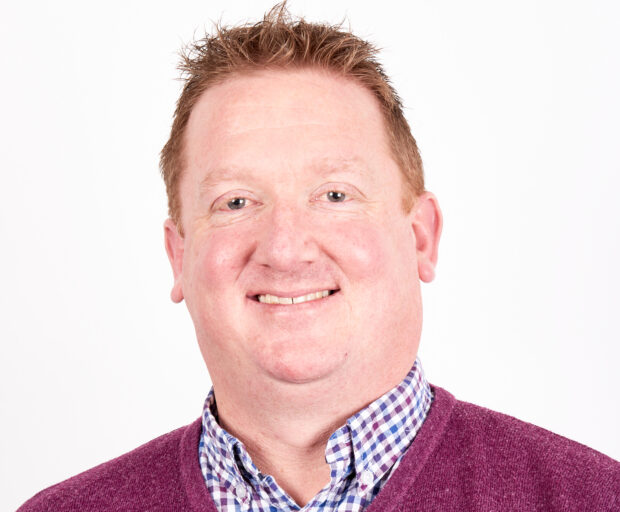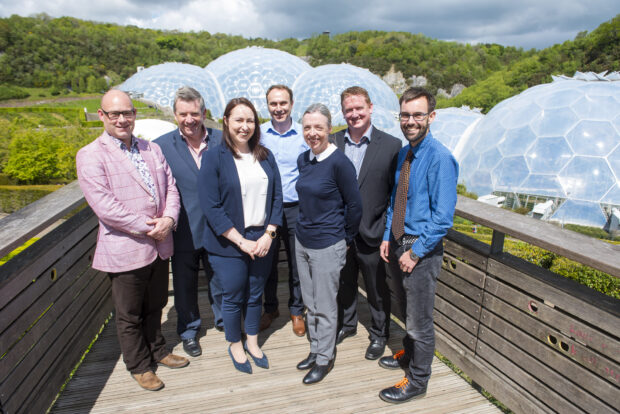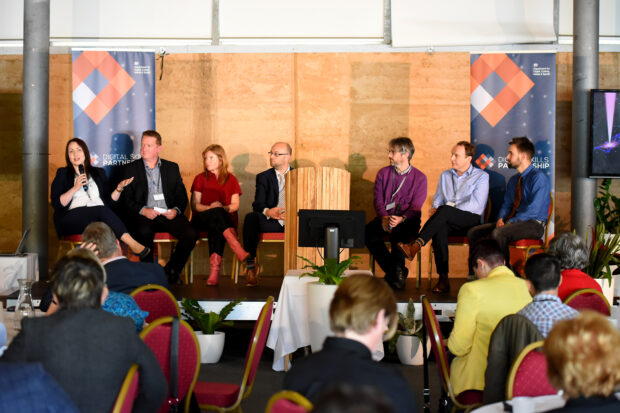Local Digital Skills Partnerships (Local DSPs) bring together businesses, charities, and public sector organisations to tackle local digital skills challenges. Supported by the DSP, these partnerships are working to build thriving and inclusive local economies.

Me and my role
I am Ben Bolton and I was recently appointed to the role of Digital Skills Partnership Coordinator for Cornwall and the Isles of Scilly. Now, I appreciate that on paper that may sound a little dry, but nothing could be further from the truth. This role offers a great opportunity to work with a wide range of proactive and innovative stakeholders, in a sector with unprecedented opportunities. The digital sector will play a huge role in driving economic growth and I am delighted to be able to play a small part in ensuring we propagate the skills required to make this a reality.
My career to date has largely been focused on developing and implementing strategy and fostering collaboration. Most recently, I have been working with partners to research the impact of technology and social media on young people’s mental health. One of my key findings was that the many positive aspects of technology are being lost in the race to find the negative headline. The digital world gives young people an unparalleled opportunity to develop skills for the future workforce, but this message is not always being heard.
Launching the partnership
I am pleased to report that a huge amount has already happened. Every day, I am hearing more about the fantastic work already underway in Cornwall and the Isles of Scilly and it is clear that we are not starting this partnership from scratch. The sector has a rich history of skills development and innovation. However, there are still significant skills shortages that are impacting productivity and growth. In addition, we have over 70,000 people who have never accessed the internet. The DSP will aim to address these challenges.

On the 9th May, we delivered a launch event with over 100 stakeholders attending. It was a roaring success and the level of engagement in the room was contagious. If this event is an indication of the enthusiasm of this sector, the future looks incredibly bright for the CIoS DSP. The Minister, Margot James recorded an informative video for the event and Faith la Grange from Microsoft gave an engaging keynote speech summarising the key objectives of the DSP, clearly a subject close to her heart. The event also provided the opportunity to showcase some of the existing work of local partners.

I am really impressed with the fantastic work underway in Cornwall. We have a number of well-established Industry groups that are both providing training and also engaging young people in exploring tech related careers. Despite this excellent foundation, I absolutely believe the DSP has a role to play. Whilst there is an encouraging amount of activity in the sector, there's a need for a clear overarching strategy and focus. There is always the danger of trying to do everything but in reality, doing nothing. One of the DSP's key purposes is to bring focus, coordination and strategic intent to ensure that doesn't happen.
Looking ahead
I believe the success of the DSP will be based upon its ability to drive systems change. Rather than just bringing in additional training, we need to focus our efforts on understanding how the current approach can be improved, seeking to redesign this in a coordinated and sustainable way.
The ultimate goal is to deliver a home-grown skills pipeline and break down some of the barriers to engagement. It won’t be easy or quick, but I am convinced that the DSP will play a fundamental role in meeting the challenges and capitalising on the opportunities.